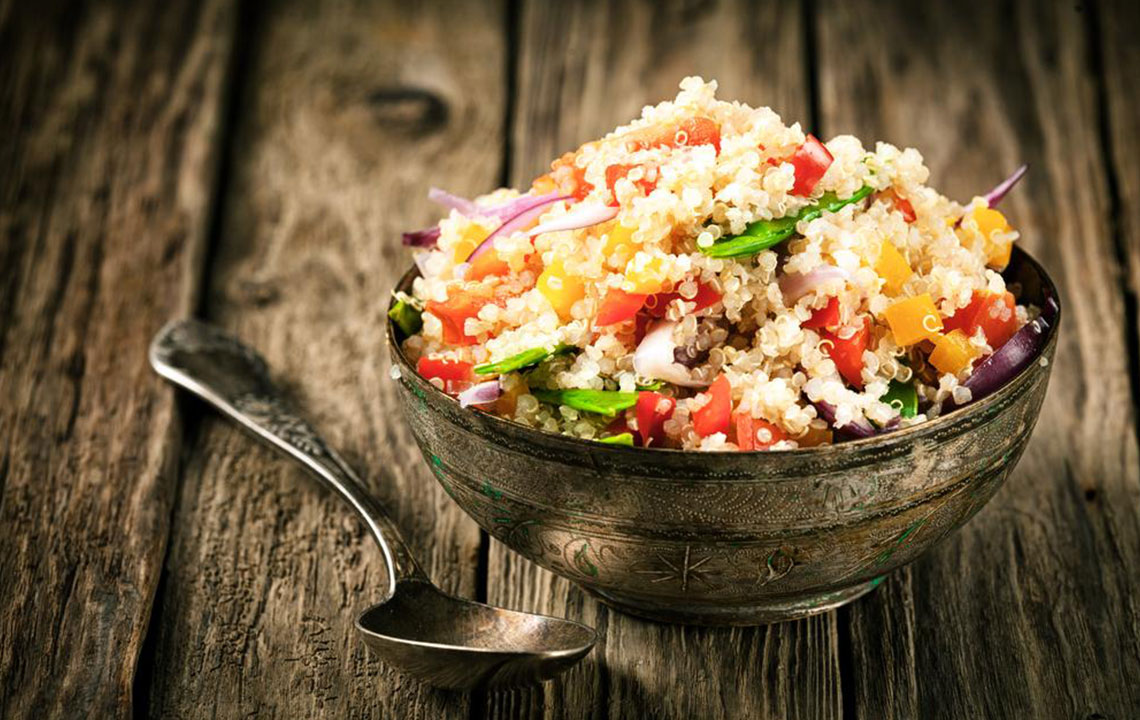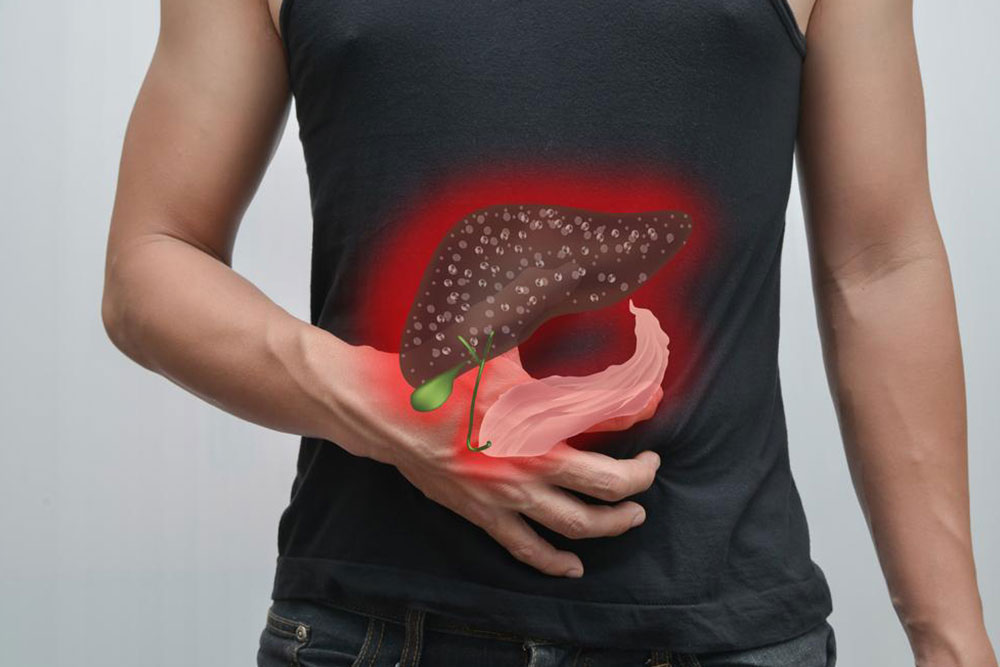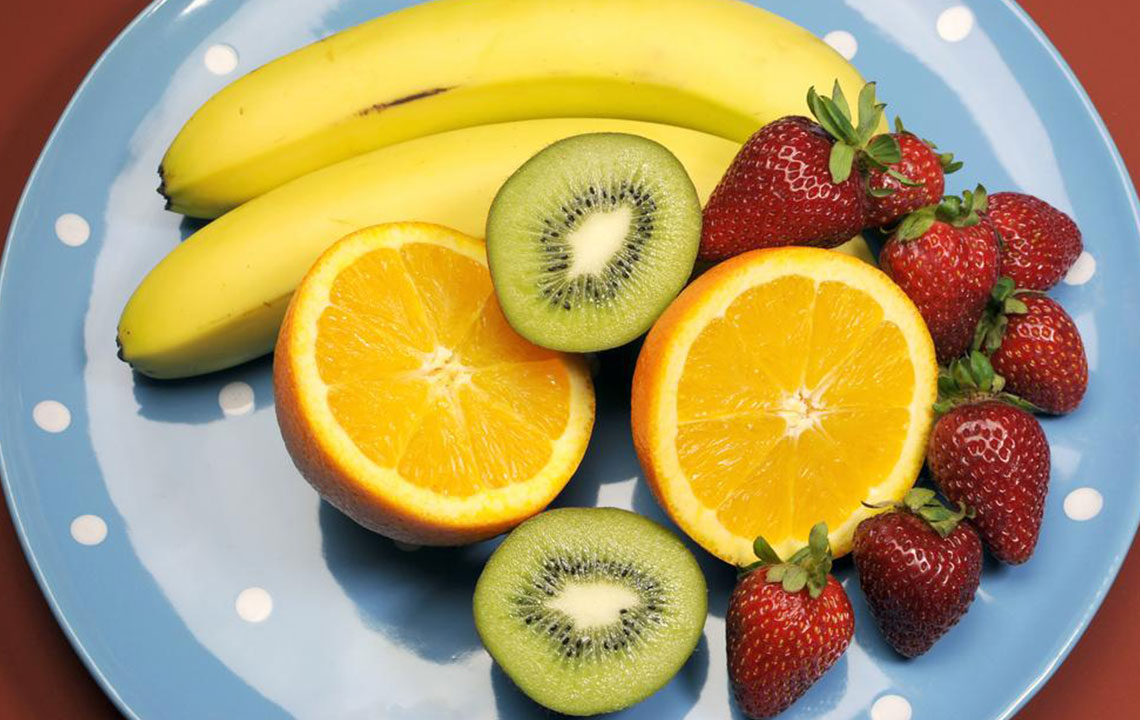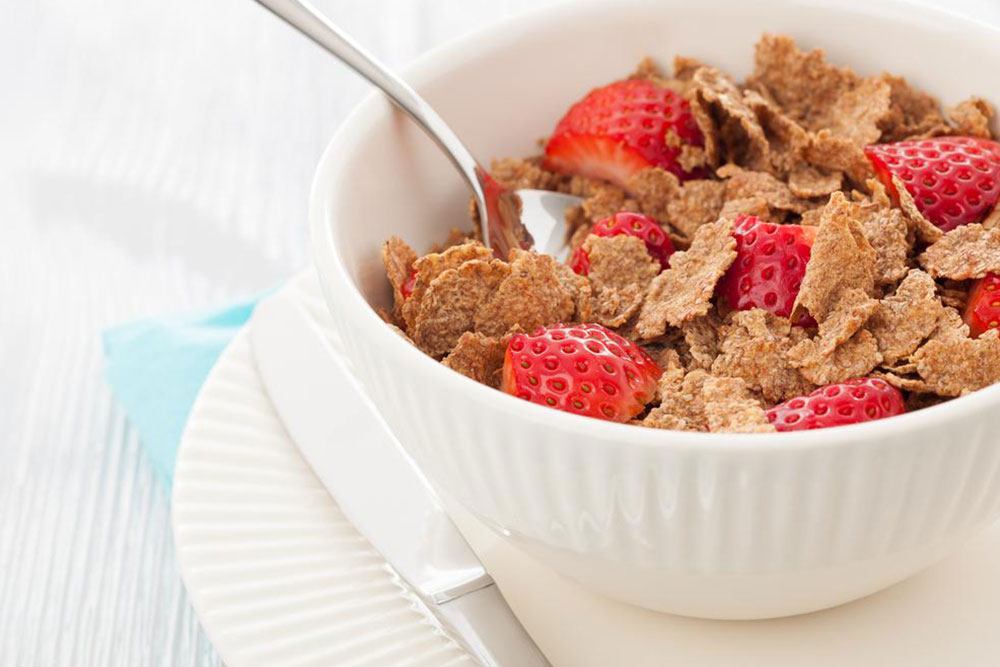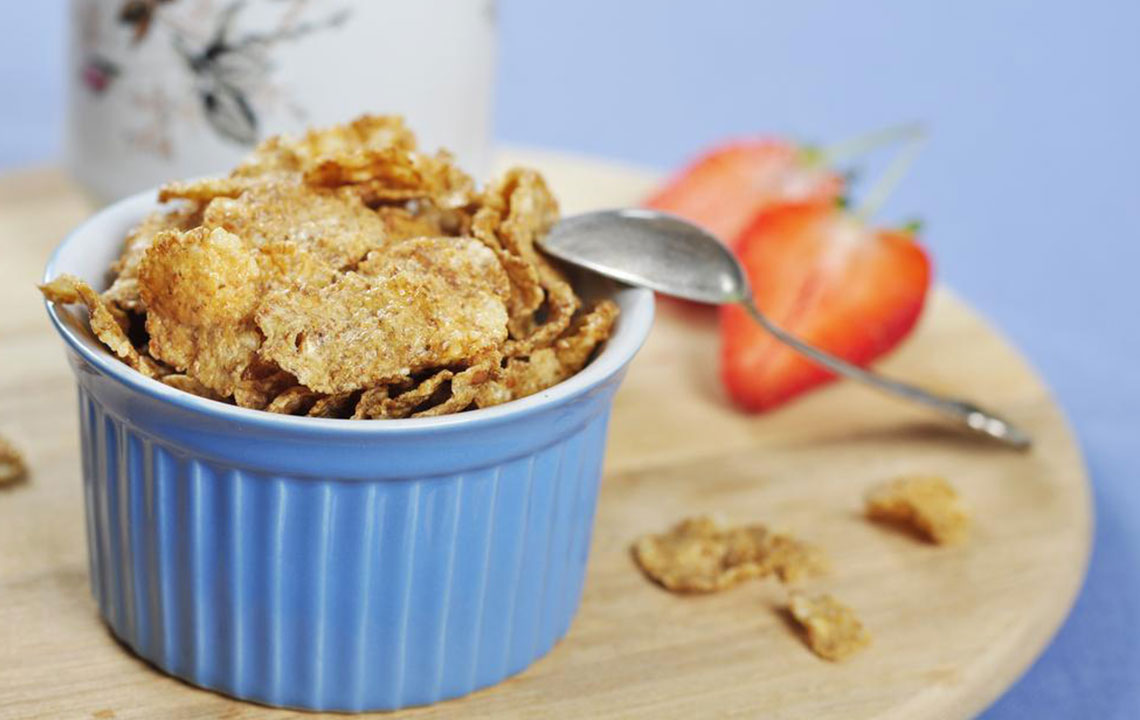Boost Your Health with Fiber-Rich Vegetables
Discover how adding fiber-rich vegetables like broccoli, artichokes, Brussels sprouts, and green peas to your diet can improve overall health, aid digestion, and reduce chronic disease risks. This guide highlights their nutritional benefits and ways to include them in your meals for a healthier lifestyle.
Sponsored
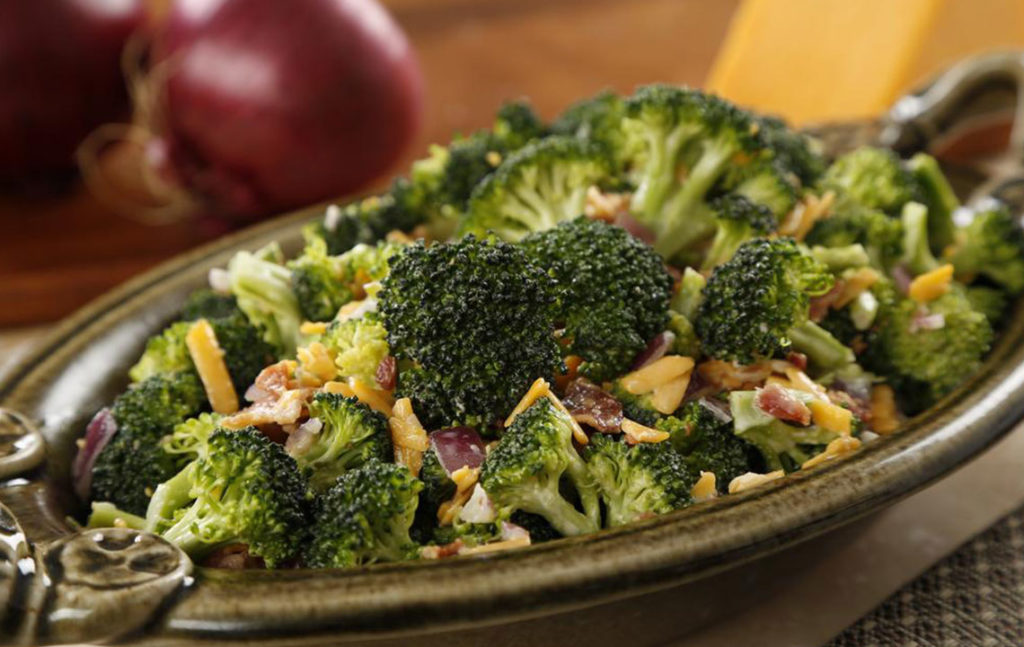
Dietary fiber, the non-digestible part of plant foods, plays a crucial role in maintaining good health. It includes soluble and insoluble types; both are essential because they promote digestion, reduce disease risks, and regulate cholesterol levels. Fiber helps prevent constipation, supports balanced blood sugar, and aids in weight management. Incorporating various high fiber vegetables into your meals offers numerous benefits, including improved digestion and protection against chronic illnesses.
Popular high fiber vegetables include:
Broccoli: Rich in fiber, potassium, omega-3, vitamin C, and vitamin K. One cup of boiled broccoli provides about 5 grams of fiber and supports heart health, reduces inflammation, and enhances detoxification.
Artichokes: Contain high fiber and nutrients like vitamin C and minerals. Benefits include improved digestion, immune support, and lowered risk of cancer and cardiovascular conditions. A cup of boiled artichokes offers 10.3 grams of fiber.
Brussels Sprouts: Packed with fiber, vitamins, and minerals, they promote bone health, reduce inflammation, and lower risks of diabetes and cancer.
Green Peas: A versatile vegetable that boosts fiber intake, providing antioxidants and anti-inflammatory effects to support heart and vascular health.
Other high fiber vegetables include turnip greens, asparagus, winter squash, spinach, carrots, and potatoes with skins, all contributing to overall well-being.
These vegetables can be enjoyed raw or cooked through steaming, boiling, or roasting. Making them a part of your daily diet can significantly enhance your health and vitality.

